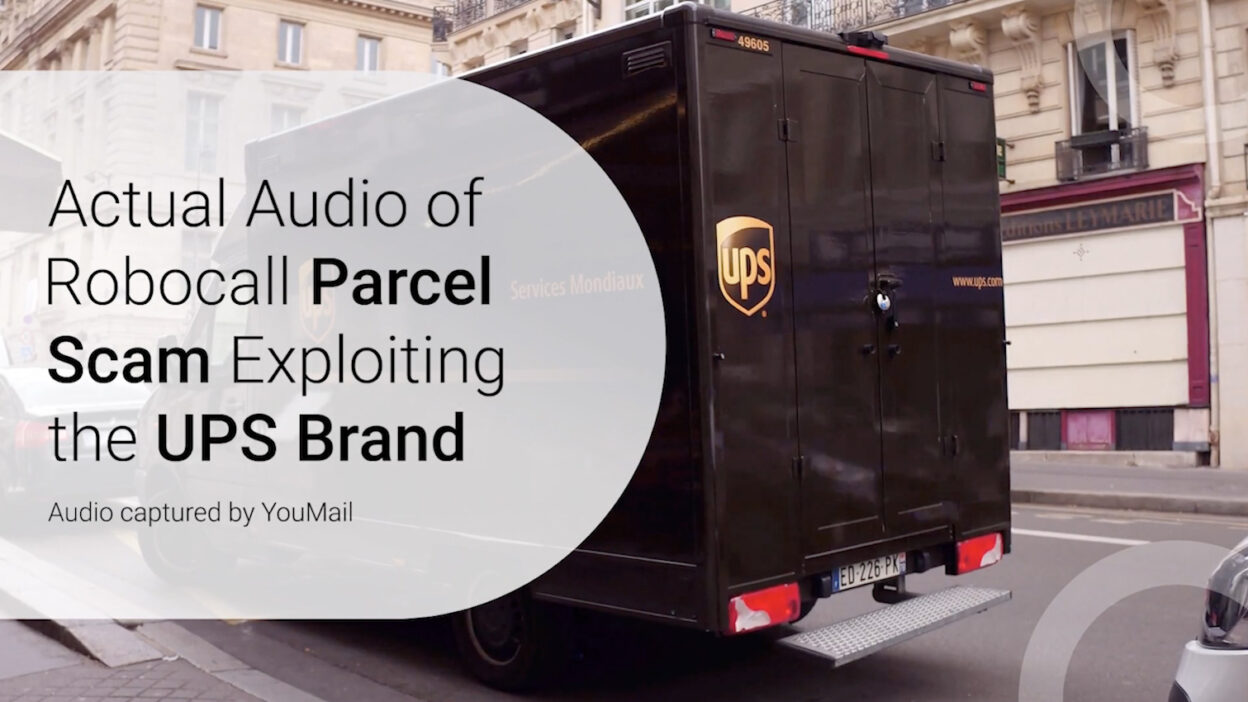The UPS Parcel Scam is a fraudulent scheme that exploits the UPS Express brand to deceive unsuspecting customers and steal their personal information.
About UPS
United Parcel Service (UPS) is a global logistics and package delivery company headquartered in Atlanta, Georgia, USA. Founded in 1907, UPS has grown to become one of the world’s largest and most recognizable courier services, offering a wide range of solutions for package delivery, supply chain management, and freight transportation. With its distinctive brown delivery trucks and logo, UPS is a trusted brand among customers worldwide.
Brief History of UPS
UPS was founded in Seattle, Washington, by James E. Casey as the American Messenger Company, a small messenger and delivery service. Over the years, the company expanded its services and coverage, adopting the United Parcel Service name in 1919. By the 1930s, UPS had established itself as a national delivery service in the United States. Today, UPS operates in over 220 countries and territories, delivering millions of packages daily.
About the UPS Parcel Scam
The UPS Parcel Scam is a fraudulent scheme in which scammers impersonate UPS Express representatives to steal users’ personal information. The scam, captured by YouMail Inc., is similar to other parcel scams and involves a fake representative from UPS Express informing users that they have attempted to deliver a package twice. The user is then prompted to press a number to speak with a representative.
The scam was first detected on November 2, 2021, and is still active, targeting locations in the US and Canada.
Scam transcript:
“Hello this is UPS express the last voice notification. You have an important delivery and no one has signed for details of the package. Please press nine and the manual customer service will serve you.”
Brief History of Brand Scams
Brand scams have been around for as long as brands have existed. These scams exploit well-known brands to deceive customers, typically by impersonating company representatives, creating counterfeit products, or mimicking official communications. With the rise of the internet and digital communications, brand scams have become increasingly sophisticated, often employing robocalls, phishing emails, fake websites, and social media accounts to deceive users and steal their information.
How Scams like this Affect Brands
Scams like the UPS Parcel Scam can have significant negative effects on a company’s reputation, customer trust, and brand value. They can lead to customer confusion, frustration, and dissatisfaction, increasing customer service costs as companies handle inquiries and complaints. Additionally, scams can cause financial losses for victims, who may hold the company partially responsible, leading to potential legal liabilities and consequences.
What Brands like UPS Can Do to Protect Their Brand Reputation
Companies like UPS can take several steps to protect their brand reputation from scams, including:
- Raising awareness: Educating customers about the risks of scams and how to identify fraudulent communications can help prevent customers from falling victim to such schemes.
- Monitoring and reporting: Actively monitoring and reporting instances of brand scams can help law enforcement agencies identify and shut down fraudulent operations.
- Implementing security measures: Adopting robust security measures, such as secure authentication methods and encryption, can make it more difficult for scammers to impersonate the brand.
- Partnering with reputation management services: Companies like YouMailPS offer enterprise identity and brand reputation services to help businesses protect their customers and maintain a strong brand presence.
The UPS Parcel Scam is a reminder of the importance of brand protection and the need for vigilance in safeguarding customer trust. By educating customers, monitoring for fraudulent activities, and partnering with services like YouMailPS, companies like UPS can better protect their brand reputation and ensure a positive customer experience. As scams continue to evolve, businesses must remain proactive in defending their brand and maintaining the trust of their customers. By doing so, they can ensure long-term success and the continued growth of their brand in an increasingly competitive market.
Learn more about robocall scam calls impersonating popular brands:




